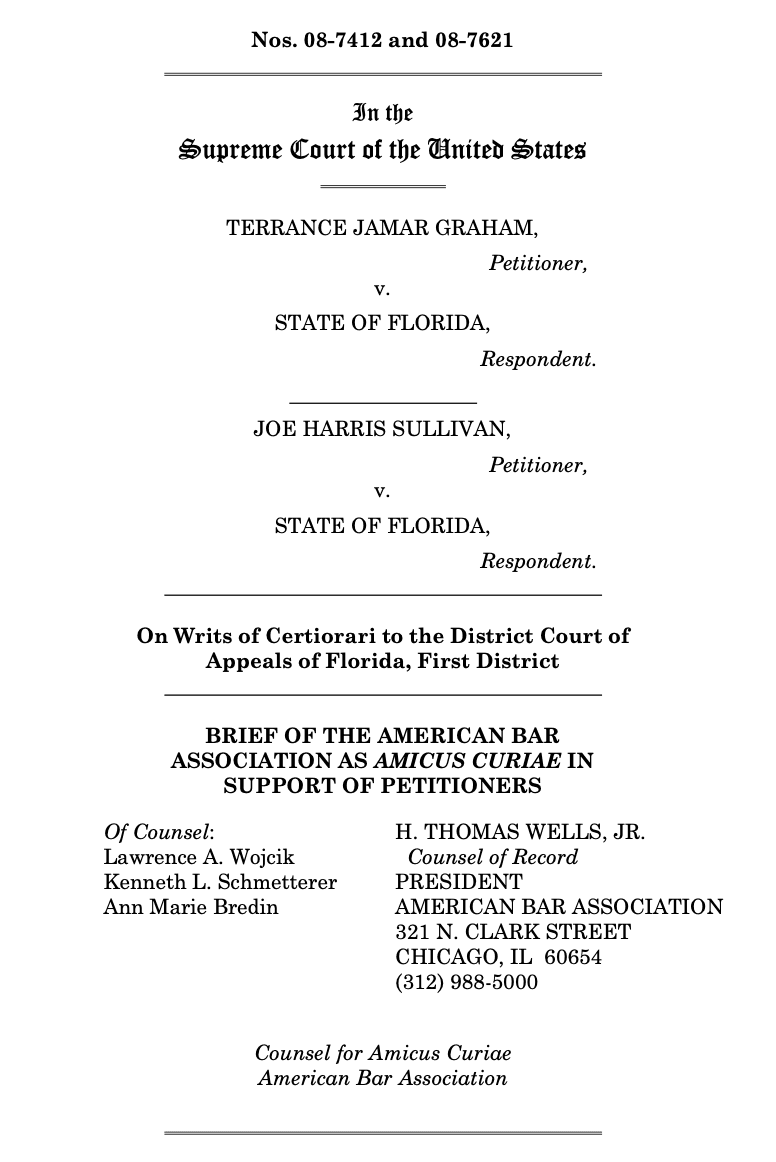
Summary of Argument
The ABA respectfully submits that this Court should reverse the decision of the Supreme Court of North Carolina and hold that a Miranda custody determination for any person under the age of 18 must include a determination of whether a reasonable person of the juvenile’s age would have felt free to terminate police questioning and leave.
This Court, as well as many state courts, state legislatures, the ABA and extensive scientific research, have recognized the unique vulnerabilities of children. Children are less capable than adults of making critical decisions in an informed, mature manner. They are more impulsive and reckless, less self-disciplined, and have less capacity to understand the long-term consequences of their actions. Further, the confessions of children require particular caution. Studies show that children are more susceptible to coercion and pressure, can be overwhelmed by circumstances that would not impact a reasonable adult, and are more likely to make false confessions than are adults.
In the present case, the circumstances petitioner faced when questioned – being escorted by police from his classroom to a school conference room where, with the door closed and without the guidance of a parent or guardian but in the presence of school officials, he was questioned by a police officer and urged to confess after initially denying culpability – would have a far different impact on a reasonable 13 year old than on a reasonable adult.
While some children will have a greater understanding of their constitutional rights than some adults, society has drawn distinctions based on the unique vulnerabilities of children in many areas of the law. The approach requested by the ABA would ensure that the constitutional protections afforded to juveniles in Miranda custody determinations are not less than those guaranteed to adults.